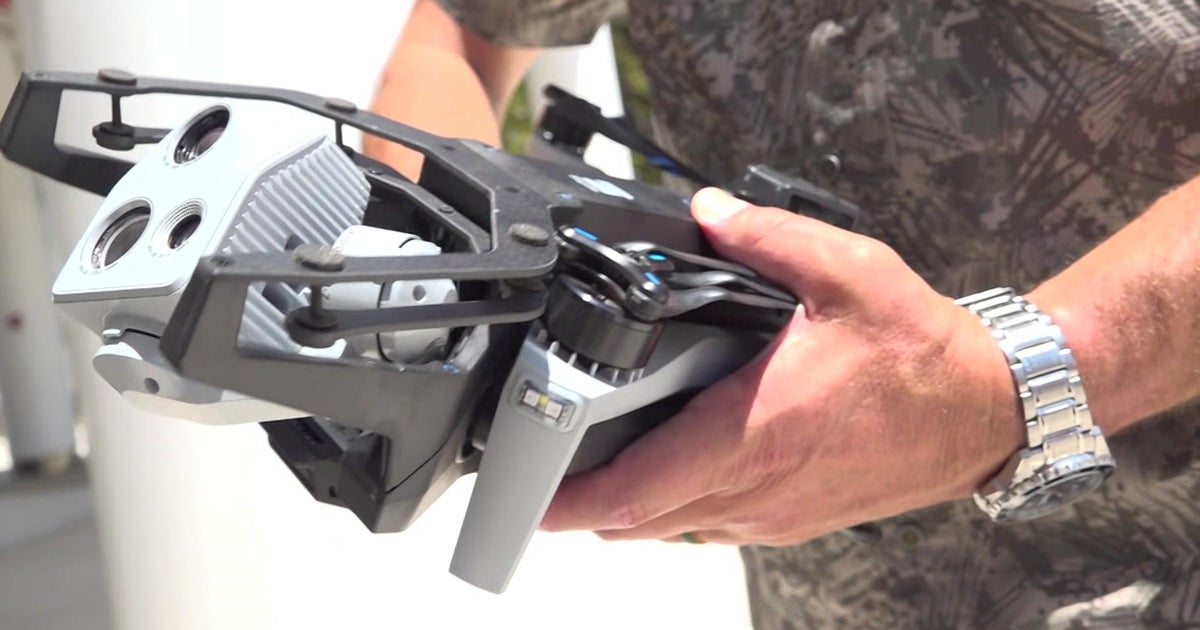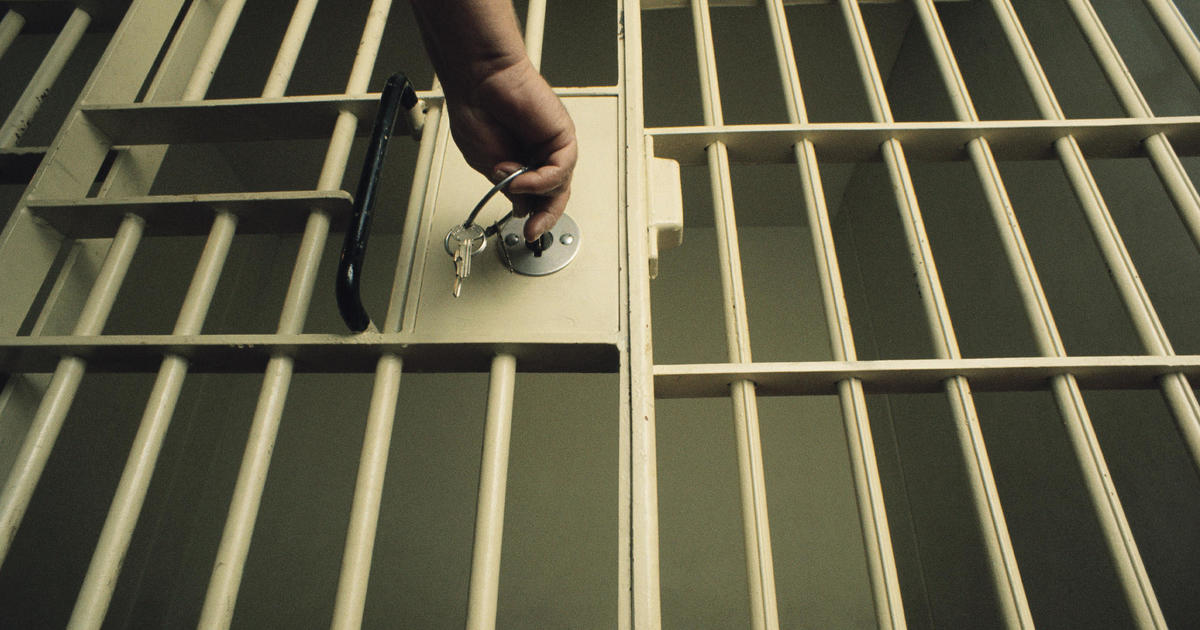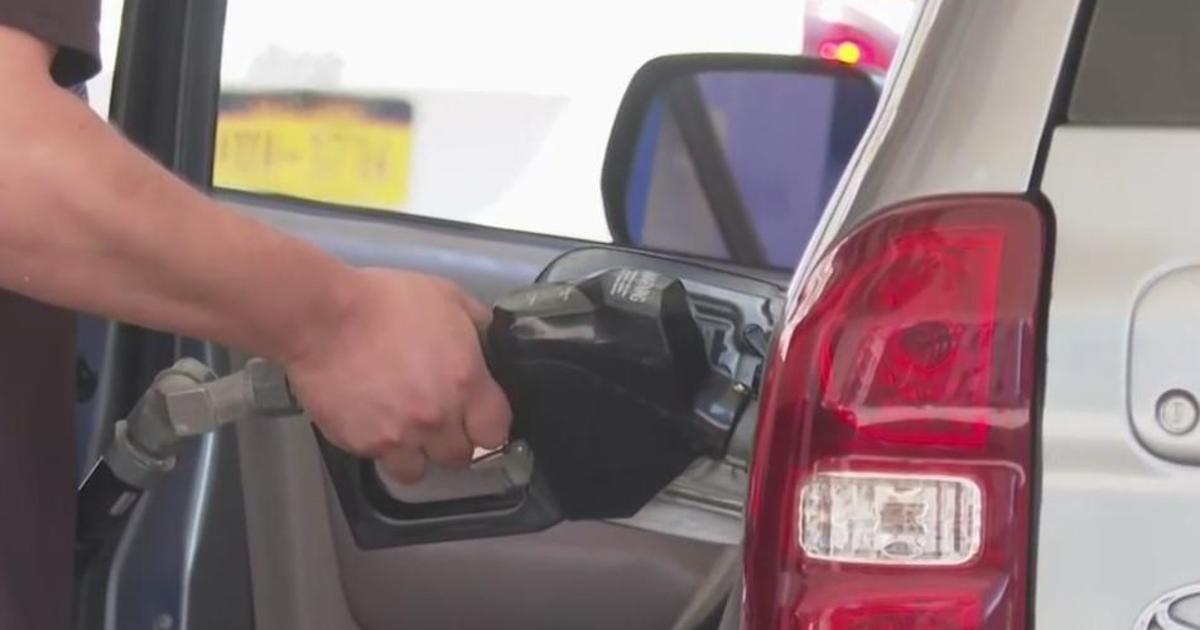Report: Fewer Crashes Means Traffic Cameras Likely To Stay
TALLAHASSEE (CBSMiami) – Law enforcement has bad news for those that despise red-light cameras: they're likely here to stay.
The reason: crashes are down at Florida intersections equipped with red-light cameras, according to a new state report cited in an article by CBS4 news partner The Miami Herald.
A report of accidents compiled by the state from 73 different law enforcement agencies found that more than half of Florida agencies, 41, say accidents are less frequent at intersections using red-light camera technology. Crashes were more frequent in just 11 of the 73 jurisdictions while the rest saw no change or didn't have enough information.
The five-page report from the Florida Department of Highway Safety and Motor Vehicles contains data from Hillsborough County, Tampa, St. Petersburg, Fort Lauderdale and Miami and includes accidents between July 2011 and June 2012.
In that time, Miami issued 98,062 violations while Fort Lauderdale issued 19,544. Accidents at intersections with cameras were down in Miami but up in Fort Lauderdale, according to officials. The cities were not asked to detail how much accidents are up or down.
Most agencies also reported that traffic safety had improved throughout their jurisdictions "as drivers were more cautious when approaching all intersections."
The statistics have been delivered to the Legislature, and are likely to influence debate on whether red-light cameras are in Florida to stay. Lawmakers have tried to outlaw the cameras in years past.
"The report provides information to lawmakers they can use to help them make decisions about red light cameras, if necessary," said Kirsten Olsen-Doolan, a highway safety spokeswoman.
Although Florida legalized red-light cameras in 2010, the issue is constantly at play in Tallahassee. Camera companies employ dozens of lobbyists and pay big money to ward off lawmakers who want to halt what they see as government intrusion.
Charles Territo, a spokesman for American Traffic Solutions, a camera company, says the lobbyists are charged with correcting misinformation about traffic cameras.
"The hope is that over time, as reports like this show crash reductions, those who oppose the programs philosophically will at least agree they provide a significant safety benefit," Territo said. "Drivers pay more attention and drive more safely when they know an intersection is being monitored 24 hours per day seven days per week, and that's not something many police departments have the manpower to do."
Red-light cameras came under scrutiny in St. Petersburg last month after city staffers prepared a hefty report for the City Council but left out the fact that accidents at intersections with the cameras had jumped by 10 percent.
Sen. Jack Latvala, R-St. Petersburg, former chair of the Senate Transportation Committee, believes accidents will decrease once people get used to the cameras — because they won't get nervous and hit their breaks. St. Petersburg installed its cameras in November 2011 and is one of the newer programs in the state.
"I've always thought [the cameras] performed a valuable service, but we've never had enough data on the effects of them," he said. "I think these results are more valued because they include the cameras that have been in place longer."
But Sen. Rene Garcia, R-Hialeah, who filed a failed measure in 2011 to ban the cameras, questions whether the data is driven by financial interests.
The state gets $70 from every violation caught on camera and local governments have also seen big revenue hikes. Law enforcement agencies issued nearly a million violations last year.
"If it was really about safety, then why is the money going toward filling budget holes?" asked Garcia, adding that he's lost the fight to eliminate the cameras, but will work to alleviate their problems. "Why wouldn't that money go back into education so we can actually increase safety?"
Some citizens have accused local governments of tampering with the timing on yellow lights to issue more violations. The cameras often don't account for local rules about right turns on right lights. And sometimes a car owner gets a traffic violation even if someone else is driving the car, he said.
"There are still a lot of issues," Garcia said. "And I think the Legislature has a right to ask those questions."
(©2012 CBS Local Media, a division of CBS Radio Inc. CBS RADIO and EYE Logo TM and Copyright 2012 CBS Broadcasting Inc. Used under license. All rights reserved. This material may not be published, broadcast, rewritten, or redistributed. CBS4 news partner The Miami Herald contributed to this report.)



